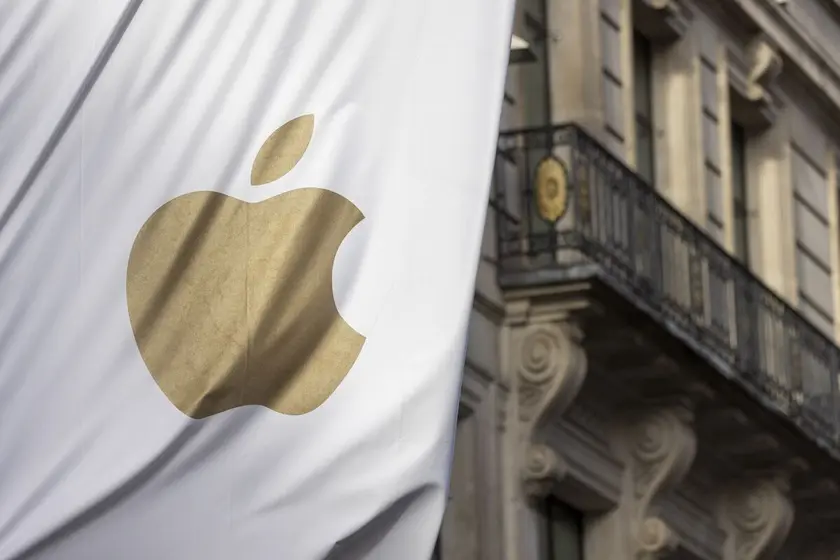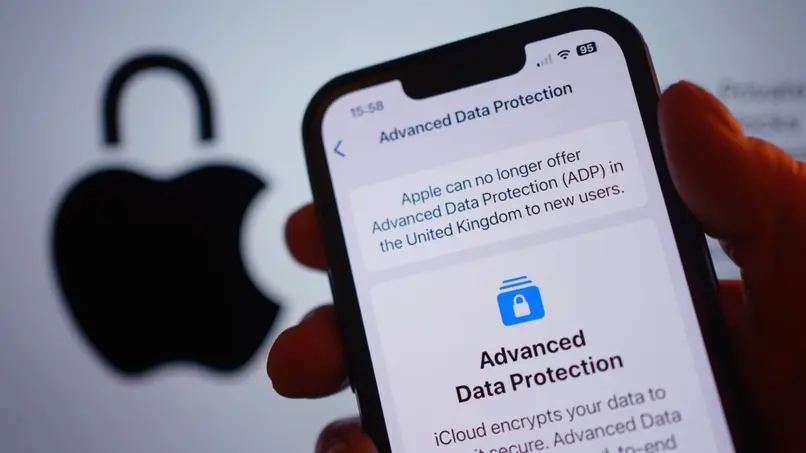T4K3.news
UK drops backdoor demand on Apple encryption
Britain will not press Apple to unlock encrypted iCloud data, following US-led talks on cross-border data rules.

Britain will no longer press Apple to unlock encrypted iCloud data, a shift that follows renewed talks with the United States under cross-border data rules.
UK Drops Backdoor Demand on Apple Encryption
The United Kingdom has dropped its mandate for Apple to provide backdoor access to encrypted iCloud data, following renewed diplomacy with the United States under the CLOUD Act framework. The decision comes after Britain issued a secret order in January seeking access to encrypted files uploaded by users worldwide, an order Apple challenged and responded to by suspending new UK signups for its Advanced Data Protection service and pursuing a public discussion in April. US officials have questioned whether the UK order violated the bilateral agreement governing cross-border data requests as talks continued.
With the order reportedly removed, it remains unclear if Apple will restore access to the ADP service in the UK or what new terms may emerge. Analysts say the episode highlights the ongoing struggle between security interests and civil liberties in cross-border data sharing. The broader question now is how far allies will go to protect privacy while balancing legitimate security needs, and what this means for future tech policy and industry strategy.
Key Takeaways
"Over the past few months, I’ve been working closely with our partners in the UK, alongside the President and Vice President, to ensure Americans’ private data remains private and our Constitutional rights and civil liberties are protected."
Tulsi Gabbard, US Director of National Intelligence, commenting on collaboration with UK partners
"the UK had its back against the wall"
Unnamed UK official describing the pressure to drop the backdoor demand
"such negotiations would not be faithful to the new agreement"
Unnamed US official on negotiating terms that involve US data
This episode shows encryption policy playing out as a diplomatic issue rather than a purely technical one. It points to a broader push to defend privacy rights even when governments press for access in the name of security. For tech firms, the scene underscores the pressure to defend user data while navigating evolving international agreements and possible political scrutiny. The outcome could influence how companies approach data protection in other markets and shape the tone of future negotiations between governments and tech platforms.
The next step will reveal how durable privacy protections are when data flows cross borders. If new terms emerge that safeguard citizens’ data without compromising security, the episode could set a constructive path forward. If not, it may fuel more friction between governments and industry and raise the stakes for investors and users alike.
Highlights
- Privacy stood up to backdoor pressure
- Cross-border data rules test trust between allies
- Encryption policy now reaches diplomatic heights
- ADP could return in the UK with safeguards
Backdoor dispute risks privacy and alliance dynamics
The case centers on privacy and civil liberties in cross-border data sharing and could trigger political backlash, investor concern, and renewed scrutiny of data access policies. The outcome may affect future cooperation on security and technology policy.
The road ahead will test how privacy protections are woven into cross-border security commitments.
Enjoyed this? Let your friends know!
Related News

UK backs off backdoor demand from Apple

UK drops backdoor demand after talks

UK drops Apple data access demand

UK drops Apple backdoor demand

UK allows Apple encryption stance to stand

UK may back down on Apple data access demand

UK backs down on Apple encryption demands

UK Apple privacy dispute
